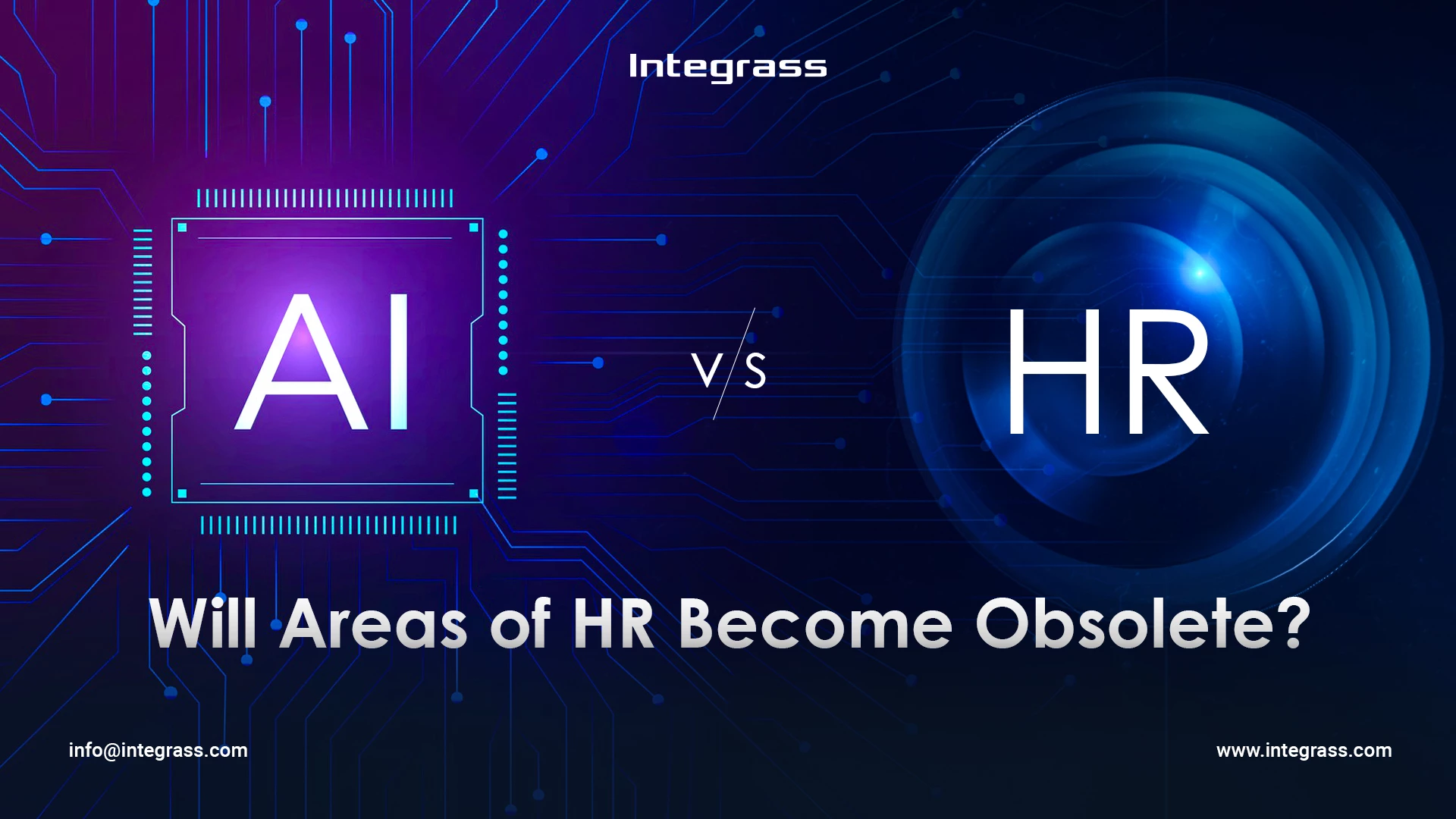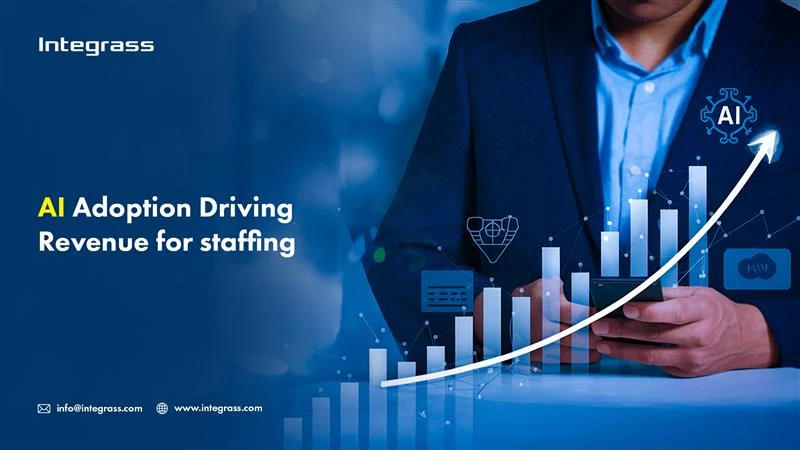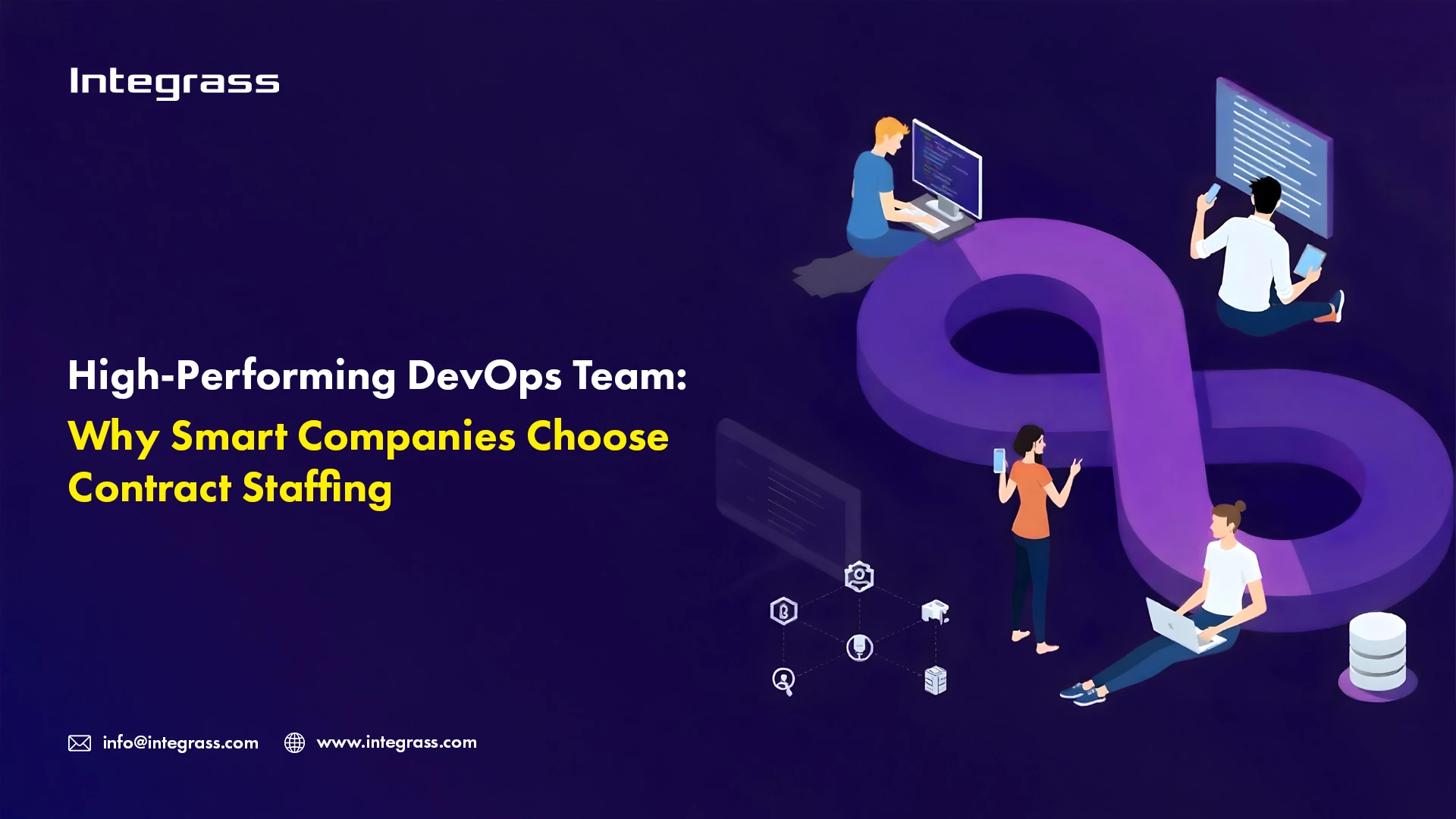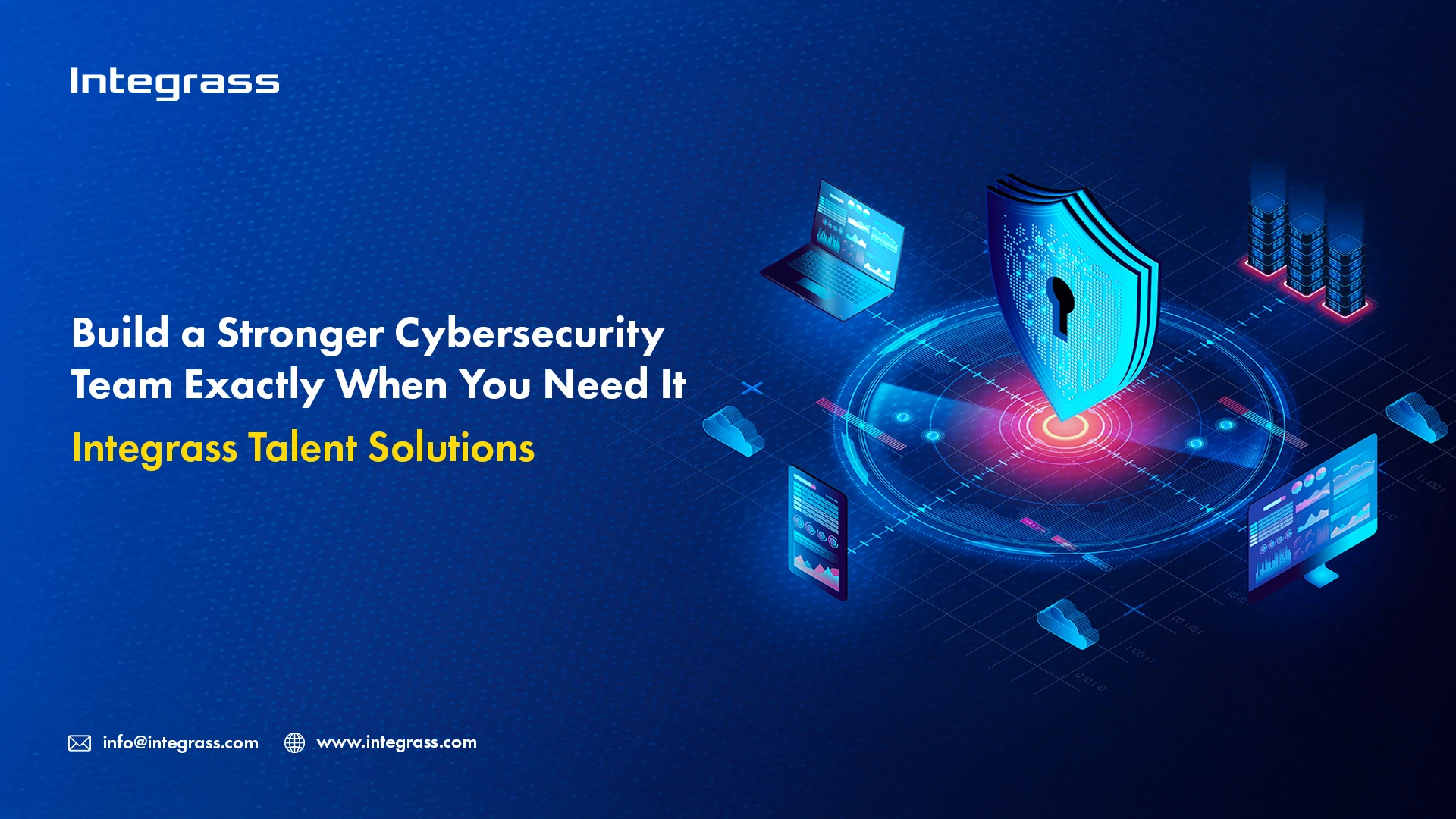In today’s fast-paced world, technology is changing how businesses operate, and Human Resources (HR) isn’t exempt. With Artificial Intelligence (AI) gaining traction in automating tasks and enhancing decision-making, one critical question emerges: will AI make areas of HR obsolete? Let’s dive into this topic to uncover what’s at stake and where opportunities lie.
How AI Is Transforming HR Functions
AI has stepped in to tackle many traditional HR tasks, offering solutions that are faster, more precise, and often cost-effective. Here’s a breakdown of how AI is reshaping key HR functions:
1. Recruitment
Traditional recruitment can be labor-intensive. Screening hundreds of resumes, scheduling interviews, and conducting follow-ups take significant time. AI tools streamline this process by:
- Resume Parsing: Advanced algorithms analyze and shortlist resumes based on predefined criteria.
- Chatbots for Candidate Engagement: They answer FAQs, schedule interviews, and even pre-screen applicants.
Still, AI lacks the nuanced judgment required for assessing cultural fit or potential, ensuring humans remain vital in the hiring process.
2. Onboarding
AI-powered platforms provide interactive onboarding experiences, delivering customized training schedules, and tracking progress. These systems:
- Automate documentation processes.
- Ensure compliance with company policies through AI-driven checklists.
While efficient, onboarding remains a collaborative process where managers play an irreplaceable role in building rapport and trust.
3. Performance Management
AI enhances performance tracking by analyzing metrics like productivity, attendance, and goal completion. Tools like predictive analytics offer managers insights to identify top performers or those in need of coaching.
However, leadership and mentorship require empathy and personal engagement—traits AI hasn’t mastered.
Will HR Roles Disappear?
The short answer? Not entirely. Let’s break this down:
AI’s Strengths in HR
- Automation of Repetitive Tasks: Payroll processing, benefits administration, and data entry.
- Data-Driven Decision Making: Predictive analytics helps HR teams anticipate workforce trends like attrition rates or talent shortages.
- Improved Candidate Experience: Faster response times and streamlined processes improve perceptions of the hiring organization.
Why Humans Are Still Indispensable
- Emotional Intelligence (EQ): Human interactions require understanding and empathy—qualities AI lacks.
- Strategic Planning: Long-term workforce planning benefits from creative, out-of-the-box thinking that AI can’t replicate.
- Ethical Oversight: Decisions regarding layoffs, diversity, and inclusion require human judgment to avoid bias and maintain fairness.
Challenges AI Faces in HR
While AI can handle tasks efficiently, it isn’t without limitations:
- Bias in Algorithms: AI systems can perpetuate bias if trained on biased data.
- Lack of Contextual Understanding: Cultural nuances and unique individual circumstances can be missed by AI-driven tools.
- Privacy Concerns: Increased use of AI in monitoring employees raises ethical questions about surveillance.
Thus, the question isn’t whether AI will replace HR—it’s about how the two can complement each other.
Solutions for Seamlessly Integrating AI into HR
For HR departments to leverage AI without losing the human touch, a balanced approach is essential:
- Train HR Teams on AI Tools: Equip HR professionals with the skills to use AI tools effectively while maintaining oversight.
- Focus on Augmentation, Not Replacement: Use AI to automate repetitive tasks, freeing HR professionals to focus on strategic initiatives.
- Prioritize Ethical AI Practices: Regular audits ensure algorithms remain unbiased and inclusive.
- Customize Solutions for Business Needs: Every organization is unique—custom AI solutions help address specific challenges.
The Path Forward: Collaboration Between AI and HR
Rather than viewing AI as a threat, HR teams should see it as an ally. While AI enhances efficiency and provides insights, human expertise remains crucial for ensuring ethical practices, emotional engagement, and strategic innovation.
Businesses must strike a balance between leveraging AI’s capabilities and fostering human connections to build a resilient and future-ready workforce.
How Integrass Tech Solutions Can Help
Integrating AI into existing HR solutions doesn’t have to be daunting. At Integrass Tech Solutions, we specialize in crafting AI-driven tools tailored to your unique business needs. Our expertise includes:
- Custom AI solutions to optimize recruitment, onboarding, and performance management.
- Seamless integration of AI tools into your existing HR software.
- Comprehensive training to ensure your HR team maximizes AI’s potential.
Whether you’re looking to enhance efficiency, make data-driven decisions, or create a seamless HR workflow, Integrass Tech Solutions is here to guide you every step of the way.




